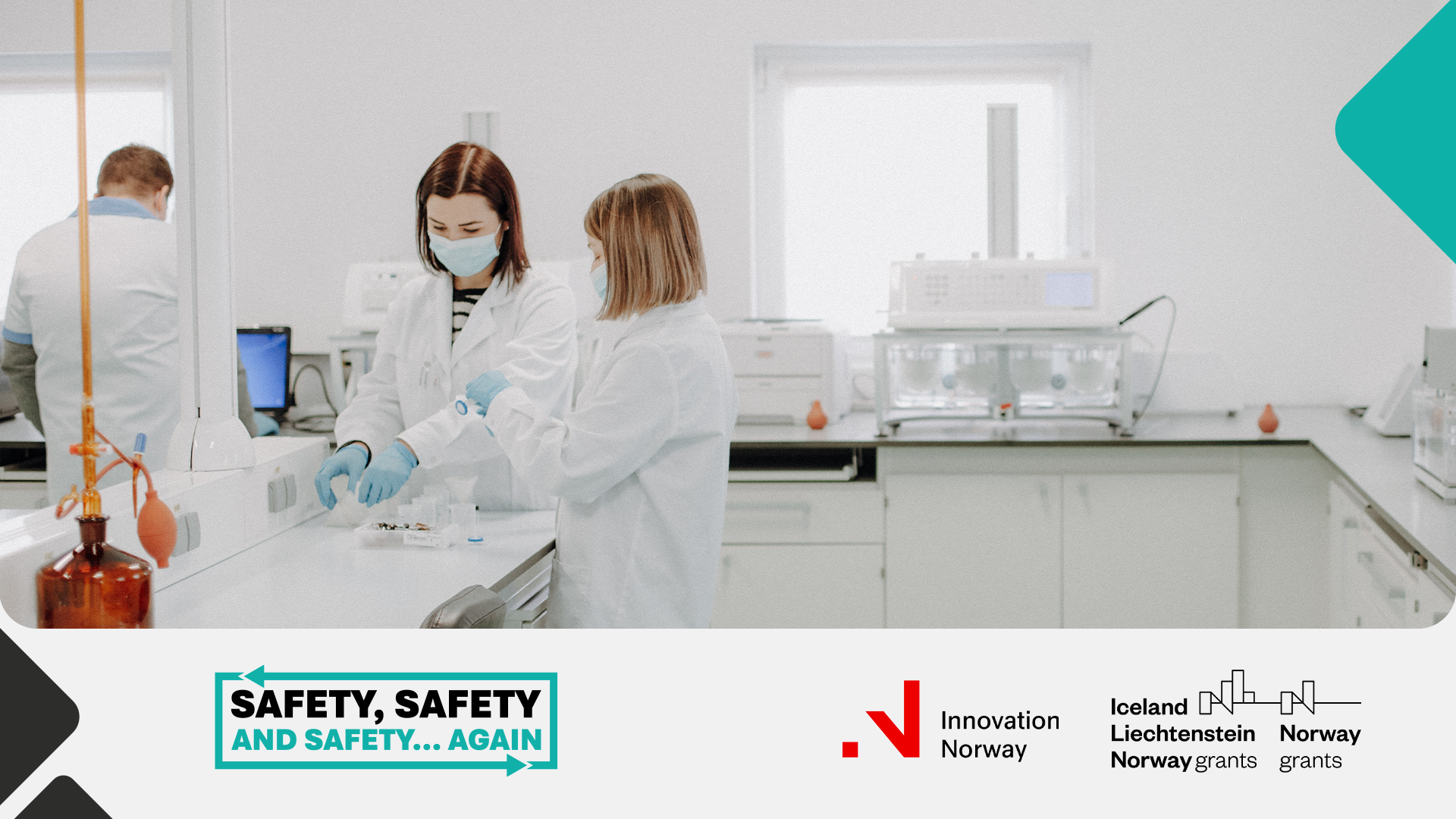A 30-Year-Old Entrepreneur’s Bold Move to Transform the Nutritional Supplement Industry
June 11, 2024
At only 30 years old, Abdul Yassin leads Vitema Pharmaceutical to redefine the quality of nutritional supplements by manufacturing them at pharmaceutical standards, prioritising consumer health above all else.
1. What types of supplements/medications does Vitema produce, and who are the main clients?
Vitema Pharmaceuticals specialises in contract manufacturing services for pharmaceutical products and dietary supplements, adhering to the highest quality standards in the pharmaceutical industry. We provide comprehensive services from concept to shelf placement and possess the capacity to manage both small-scale and industrial-scale production of a wide range of products: general medications, nutritional supplements, sports nutrition, oncology drugs, vitamins, minerals, proteins, amino acids, and collagen. Our annual capacity includes 3.5 billion capsules and tablets, 4500 tons of powders, and 20 million commercial units.
Recently, we formed a joint venture with the nutritional supplement company DY Nutrition Global SA, which invested over 10 million euros and brought a vast client portfolio. The collaboration also involved transferring a management team from the UK to Romania, and establishing a new research and development center in Sibiu to create innovative formulas in various therapeutic areas—a service that was previously lacking in Romania.
We have established CMO partnerships with companies in the pharmaceutical industry, but one of the main criteria in this business is client confidentiality and the proprietary recipes developed for their brands. Generally, our client base includes multinationals, pharmacy chains, and global players in the supplement and medication markets.
2. Besides CMO services, are you developing any proprietary brands? If so, what are they?
Currently, Vitema does not have any proprietary brands in its portfolio. Our primary focus is on the contract manufacturing business. However, we are considering launching proprietary brands and forming joint venture partnerships with industry-leading companies. This approach will allow us to add value to these companies by optimising production costs and manufacturing products to high-quality standards.
3. What disparities have you encountered in supplement manufacturing standards?
Throughout our experience in the dietary supplement industry, we have noticed significant disparities in manufacturing standards, particularly the lack of stringent regulations for quality control of the production process and raw materials used in supplements.
In response to the absence of such regulations, we proactively established a production framework for dietary supplements that adhere to the same high quality and safety standards as pharmaceutical medication. We guarantee this through our GMP pharmaceutical certification. We ensure these standards by rigorously testing raw materials, intermediate products, finished products, and packaging materials for physical-chemical and microbiological properties in our labs. This process ensures that our raw materials meet purity standards, regardless of origin or transport. For supplements, this testing is not mandatory, and not all manufacturers take such stringent control measures or adhere to GMP manufacturing standards, which often results in significant quality discrepancies in products available on the market.
There are numerous examples of this. Many supplements imported and manufactured within the EU contain contaminants and heavy metals, with some even containing plastic derivatives. Even well-intentioned brands sometimes fail to bring products to market that meet the required standards due to manufacturers not testing raw materials or lacking the necessary technology and equipment to mitigate these risks.
Choosing to manufacture dietary supplements to pharmaceutical standards is a significant differentiator for Vitema in the contract manufacturing services market.
4. What objectives have you set upon being appointed CEO of Vitema?
Our goal is to become leaders in the European contract manufacturing market by setting a new production standard that prioritises and guarantees consumer safety. We aim to distance ourselves from inadequate industrial practices through rigorous quality control of raw materials and production processes, ensuring that every product leaving our facility contains what is stated on the label. This allows companies to produce to very high standards, enabling them to focus on their business without worrying about product quality.
Because we have a site that exceeds existing standards and can offer competitive production costs, another objective is to become one of the largest exporters from Romania.
As a company with Romanian capital, we aim to ensure that Romanians have access to essential medicines. We are working on developing several molecules and will soon launch our first oncology drug. We are also developing medications in the following therapeutic areas: cardiology, dermatology, diabetes, gastroenterology, oncology, and pulmonology.
5. How do you see the development of the company you lead? What were the results in 2023, and what are your expectations for this year?
At the end of 2023, with the change in the management team, the company’s name and structure changed, and the business model shifted from a traditional drug facility to a dynamic company that develops brand concepts for third parties and manufacturers on their request. With this new business model, which is uncommon in the local market, all production flows were redesigned, leading to an investment of over 10 million euros to modernise the plant. We also recently completed a green energy project funded by EEA and Norwegian grants, installing photovoltaic panels with a capacity of 0.58 MW, allowing us to produce approximately 710 MWh annually and significantly reduce our carbon footprint.
In conclusion, 2023 was not a year for implementing contracts but for laying the foundations of a company offering contract manufacturing services. The results will only become apparent at the end of 2024, with signed contracts worth 20 million euros over the next two years, aiming to implement as many of them as possible this year.
6. What are the main challenges identified in the business area in which you operate?
The main challenges include raw material price fluctuations, constant technological advancements requiring significant investments, and unfair competition in the nutritional supplement market.
In a market worth over 1 billion euros nationally, there are currently no regulations obliging manufacturers to produce to uniform quality standards, avoiding significant price differences by compromising quality and resulting in products that do not contain what is stated on their labels. This impacts industry development, the health of the business environment, and, most importantly, the final consumer. Despite these unfavorable conditions, I am confident that through our efforts and ongoing initiatives, we can provide consumers and brand owners with the information they need to make informed choices while offering competitive prices without any compromise.
Post Related
Social Media
Main Menu
Vitema
Manufacturing
Copyright © 2024 Vitema Pharmaceuticals






One Response